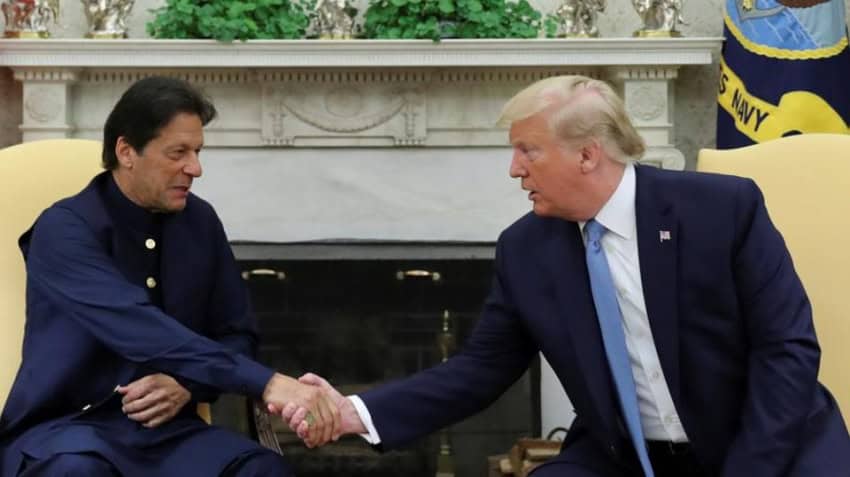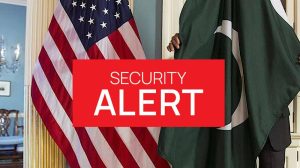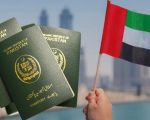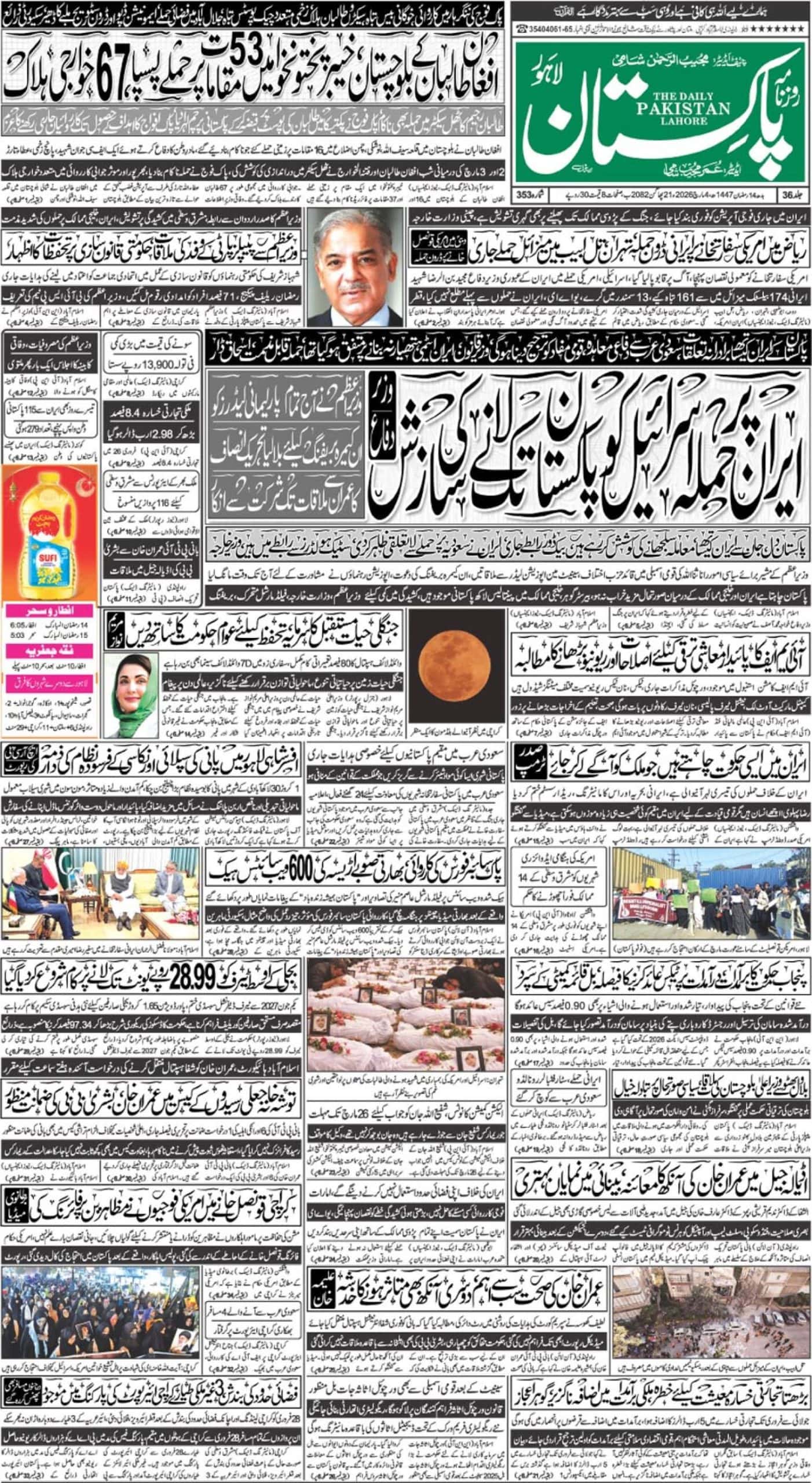President Trump’s July 22 summit with Pakistani Prime Minister Imran Khan in Washington, D.C., was a historic moment to reset a relationship that has been vital for both countries, but difficult and drifting in recent years.
Both leaders seemed to strike an immediate liking to each other. They both were celebrities before their rise to power. Prime Minister Khan came to office on a mandate of change, and like President Trump, he is set on dismantling the status quo. His rallying call to build a “New Pakistan” that delivers for all citizens rather than a tiny elite is a theme familiar to President Trump. Like the president, the prime minister doesn’t mince words and the traditional circumspection of bureaucracy doesn’t prevent either of them from making bold decisions.
Khan knows how deeply Trump is committed to ending the long-running Afghanistan war. He is also keenly aware that Trump inherited this painful conflict and that despite ill-informed external criticism of the administration, the president’s bold steps towards peace are bearing fruit. Although challenges remain, the prospects for peace look brighter than ever before.
Prime Minister Khan also appreciates that to both rectify the strains in Pakistan’s relations with the United States, and build a mutually beneficial security and economic partnership, a lasting solution to the Afghan conflict must be found.
But let us not misinterpret Pakistan’s efforts to stabilize Afghanistan as aimed at pleasing the United States. For Pakistan it is about its own security, stability and prosperity. A peaceful Afghanistan would refocus Pakistan’s limited resources towards its own economic development.
Pakistan’s commitment to a peaceful Afghanistan should be seen in the larger context. Since 9/11 alone, more than 70,000 Pakistani security forces and civilians have laid down their lives in the fight against terrorism. As estimated by Pakistan’s government, its economy has suffered over $100 billion in direct economic losses. The indirect cost that the war against terrorism has imposed by disrupting our natural economic and social trajectory is incalculable.
Pakistan’s response to large-scale terrorism has been to build national consensus for its effort and then to deploy nearly 200,000 troops to its tribal areas bordering Afghanistan. This was the largest counter-terrorism mobilization anywhere in the world.
As a result of a series of costly and painful military operations that followed, Pakistan is now far more secure. Terrorist incidents have rapidly declined, with civilian deaths down by more than 80 percent since 2014. Today, the former tribal areas are clear of any organized presence of militants. Politically, these tribal areas have been assimilated into the Khyber Pakhtunkhwa province, implementing the state’s laws and writ. Post-conflict, the country is using its strained financial resources to build roads, schools, hospitals and markets.
What makes Pakistan’s experience unique is that it has not only fought the war against terrorism. It is that it is winning the war against terrorism through a combination of force, politics and economics. Pakistan’s experience is a model for what can be achieved in Afghanistan.
Pakistan-U.S. collaboration on behalf of the free world led to the collapse of the Soviet Empire. Our cooperation after 9/11 decimated al Qaeda. Pakistan is again working for peace in the region with vigor and its support for Special Representative for Afghanistan Reconciliation Zalmay Khalilzad’s efforts has been unconditional.
The only expectation is the assurance that Afghan soil would not be used to destabilize Pakistan. Regional momentum for peace can be further augmented by the United States encouraging Pakistan and India to initiate a peace dialogue. Prime Minister Khan has repeatedly demonstrated, with words and actions, a commitment to normalize Pakistan’s relations with India through dialogue. Both leaders should also agree on a framework to tackle together all emerging security challenges, including ISIS.
Importantly, hard security should not be the only concern for the two countries. Pakistan-U.S. collaboration for peace in Afghanistan should include an understanding to lay the foundation for economic prosperity in conflict zones. Postwar economic activity in Afghanistan that has U.S. private sector backing would offer immense opportunities to the entire region, including Pakistan. Prosperity would be the only long-term guarantee for peace.
Bilaterally, an enhanced cooperation in trade and investment offers vast potential. Pakistan is a significant and growing buyer of natural gas, steel scrap, soybeans and technology services—all major U.S. exports. The U.S. offers the world’s largest market for all products, including Pakistan’s major exports. Under President Trump, the U.S. is seeking balance in its trade relationships. Wins are on offer in multiple areas of trade and investment. Economic systems and financial markets in the two countries would take a cue from their leaders to reinvigorate this relationship to mutual advantage.
By striking a personal bond with a promise to work closely with each other in the months to follow, President Trump and Prime Minister Khan are creating the conditions for a peaceful South Asia and an enduring partnership between the two countries. This is a momentous opportunity.














